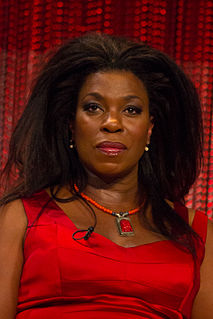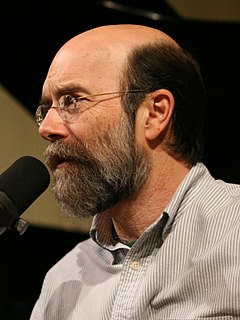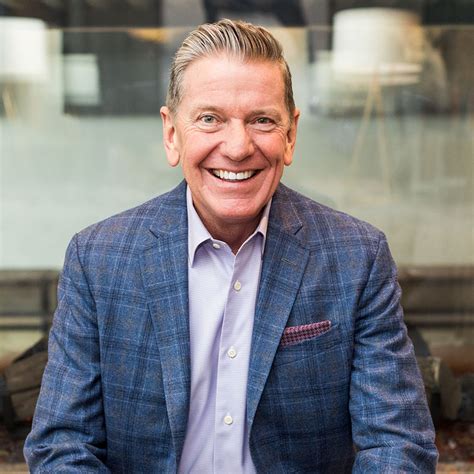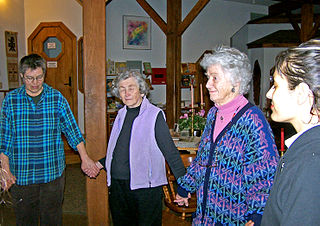A Quote by Lorraine Toussaint
The ordinary is ultimately what moves us most deeply. It's what touches us, and it's what we most recognize, in great moments of art.
Related Quotes
Most incredible, however, are the times we know Christ is with us in the midst of our daily, routine lives. In the middle of cleaning the house or driving somewhere in the pick-up, He stops us. . . in our tracks and makes His presence known. Often it's in the middle of the most mundane task that He lets us know He is there with us. We realize, then, that there can be no "ordinary" moments for people who live their lives with Jesus.
we need poetry most at those moments when life astounds us with losses, gains, or celebrations. We need it most when we are most hurt, most happy, most downcast, most jubilant. Poetry is the language we speak in times of greatest need. And the fact that it is an endangered species in our culture tells us that we are in deep trouble.
O most sacred, most loving heart of Jesus, thou art concealed in the Holy Eucharist, and thou beatest for us still.... Thou art the heart of the Most High made man.... Thy Sacred Heart is the instrument and organ of Thy love. It did beat for us. It yearned for us. It ached for our salvation. It was on fire through zeal, that the glory of God might be manifested in and by us.... In worshipping thee I worship my incarnate God, my Emmanuel
In the art of teaching, we recognize that ideas and insights need to cook over a period of time.
Sometimes the student who is least articulate about expressing the ideas is in fact the one who is absorbing
and processing them most deeply. This applies as well to our own private learning of our art form; the
areas in which we feel most stuck and most incompetent may be our richest gold mine of developing
material. The use of silence in teaching then becomes very powerful.




































